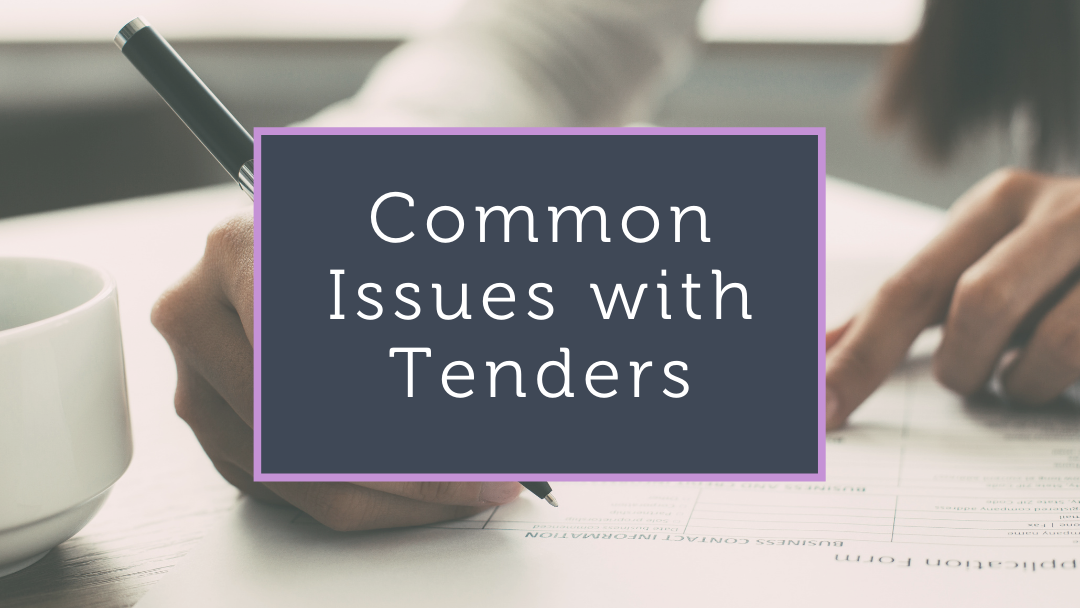Writing tenders is a necessary evil for many businesses and organisations. You need to do it to get the work but it probably isn’t something you have been trained to do. This is why tender writing companies such as ours see some common issues coming through in the draft tender documents we review.
Hopefully, knowing these common mistakes will help you to improve your next tender.
Assuming Knowledge
When it is your business that you work in and put so much effort into, you can forget that not everyone knows what you do, how you do it and why you do it. It may be very clear to you that you would never use equipment A to do the job because it would create quality issues and that using equipment B is best practice. However, usually the people assessing the tenders are not experts in this area of work – that is why they need to contract another business to do it! So, you need to tell them, clearly, and without using jargon.
If they have requested the work be done in a certain way that won’t produce the best results, tell them. Demonstrate your expertise by explaining that, whilst it can be done that way, you do not recommend it for these reasons. Instead, it should be done this way and the quality/timeliness/cost of the work would be improved.
Lack of detail/specifics
Often this can relate to the first point and often it can be modesty or not putting enough time or effort into the tender response. Whatever the reason, the outcome is the same – the tender does not provide enough detail about the organisation, its staff and their experience, the previous work completed and how/why they will complete the proposed work in a certain way.
The assessor doesn’t know that the owner of the business has been working in the industry for many years and has multiple qualifications, awards etc. You need to tell them – don’t be modest! Detail the amazing things your staff and organisation has done and the exceptional results you have achieved.
Make sure you give the specifics – how many years, what awards, what qualifications, what clients have you worked for, what did you do and what were the results. Go into enough detail that the assessor can get a great idea of your capabilities and experience.
Using attachments in place of answering the criterion
Attachments to a tender are there to provide evidence or expand upon your answer to the question – NOT to replace your answer. Assessors read a lot of tenders, not just yours. They need to read the response to each criterion and score it but that does not mean they need to read every page of all the attachments – usually they don’t. If there is something important in one of your attachments, you need to put it into your response to the criteria, or refer to it specifically in your response e.g. for detail on xxx see Attachment A page 3.
You must answer the question and then provide attachments to back up your answer. You cannot rely on the attachments being considered when the assessors score your answer because they may not read them or they may not find the piece of information that answers the question. Don’t make it hard for assessors to give you a good score!
I hope this information about common mistakes that people make when writing a tender helps you to avoid making them. If you’d like help writing your tender or if you’d like a professional review of you draft, send me an email below!






